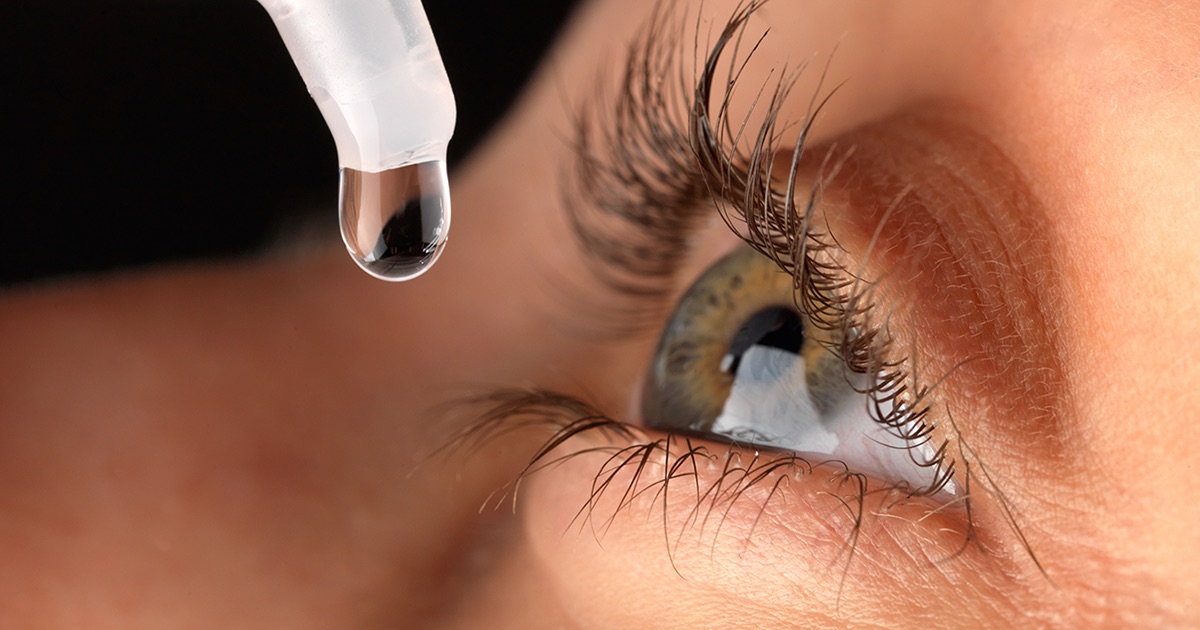What Does Behcet's Disease Treatment Involve?
Behcet's disease is an inflammatory chronic condition that causes damage to the blood vessels. This condition is caused by blood vessels swelling and inflammation called vasculitis. Behcet's disease affects each patient differently, but common symptoms and complications include genital sores, skin problems, clots in the veins, mouth sores, eye inflammation, joint pain, meninge inflammation, and numerous gastrointestinal problems. The underlying causes of Behcet's are unclear, but it most commonly occurs in individuals between twenty and forty years old. It can be difficult to diagnose this condition because of its systemic nature. The symptoms of Behcet's disease are often scattered throughout the body, and they can appear to be unrelated to each other at first.
Learn about what is involved in the treatment and symptom management of Behcet's disease now.
Corticosteroids For Inflammation

Because of the widespread inflammation Behcet's disease causes, a certain kind of medication called corticosteroids may be prescribed. Corticosteroids are a man-made version of a hormone called cortisol, which is typically produced by the adrenal glands. This medication can be given in numerous different forms depending on what it is intended to treat. Corticosteroids given locally through injections are effective for relief of deep tissue inflammation, while other administration methods like eye drops, ear drops, and skin creams are effective for treating irritations in those areas. Inflammation can also be treated using systemic corticosteroids. Systemic treatment would be administered through an intravenous route, orally, or through injection directly into a muscle. This type of delivery allows the medication to circulate throughout the bloodstream to various sites within the body. Corticosteroids decrease the activity of the immune system responses by reducing the production of inflammation-causing chemicals. Corticosteroids for inflammation relief are most commonly used in Behcet's disease for skin ulcers, uveitis, and swelling of the joints.
Uncover more options for treating Behcet's disease now.
Medicated Mouth Rinses

Medicated mouth rinses may be prescribed to help manage and treat the oral ulcers and sores that commonly occur in Behcet's disease patients. The sores look similar in appearance to canker sores and start off in the mouth as round, raised lesions that quickly develop into extremely painful open ulcers. Medicated mouthwash can contain antibiotics, steroids, and analgesics. Antibiotics included in mouth rinses can help kill off any infection-causing bacteria festering in the ulcers. Steroids are included in medicated mouthwashes to locally reduce swelling, redness, and other indications of inflammation that occur in and around the mouth ulcers. These sores that occur in the mouth of individuals with Behcet's disease can be extremely painful. They can make speaking, chewing, and regular oral hygiene practices extremely difficult. Analgesics or numbing agents are often included in these types of mouth rinses because it helps soothe pain long enough for the patient to eat a meal or perform regular oral hygiene practices. Ulcers in the mouth from Behcet's disease last for a duration of three weeks on average, and medicated mouthwashes help accelerate the healing process.
Continue reading for more on how to treat Behcet's disease now.
Special Eyedrops

One of the most serious complications that occur in Behcet's disease is inflammation within the eye. This can occur in the front or back of the eye, next to the retina, and around the iris. The abnormalities that happen with eye inflammation cause blurry vision, spots in vision, pain, swelling, and redness. Vascular leakage around the ocular components can result in retinal, disc, and cystoid macular edema. Excess fluid or any kind of edema in or around the eye can have detrimental effects on various eye functions. If this type of inflammation is not treated quickly, it can easily result in considerable loss of sight. Special eyedrops can be prescribed to help treat eye inflammation in Behcet's disease patients. These eyedrops most often contain corticosteroids, immunosuppressants, and other anti-inflammatory medications. The goal of using eye drops to treat eye problems in Behcet's disease is to reduce inflammation before it results in vision loss or other ocular damage.
Get more information on the methods used to manage Behcet's disease now.
Immunosuppressants

Immunosuppressants are a type of medication that causes a decrease in the activity of the immune system. This causes an interruption to occur in the inflammation process that results in the manifestation of Behcet's disease symptoms. These types of medications will suppress all types of inflammatory responses regardless of what may be causing them. This means immune-suppressing medications stop the immune system from attacking its own healthy tissues along with any bacteria or foreign bodies that it would normally attack. While this type of treatment for the symptoms of Behcet's disease is very effective, there are potentials risks and adverse side effects. Regardless of the reasoning, any patient on these types of medications will be at a significantly higher risk for contracting illnesses and developing infections. The use of immunosuppressants in a localized treatment approach is always preferred over a systemic treatment approach. Immune-suppressing medications can be included in treatment options such as skin creams, mouth rinses, and eye drops.
Learn more about the options for treating Behcet's disease now.
Medications To Block Tumor Necrosis Factor

Medications to block tumor necrosis factor or TNF are often used in patients who have a severe manifestation of Behcet's disease symptoms due to inflammation. TNF inhibitors are actually lab-created antibodies that come from animal or human tissue. Tumor necrosis factor itself is a substance the immune system produces and keeps at steady levels within the body. With diseases like Behcet's disease, the body makes too much of it. This can result in the characteristic inflammation that occurs throughout the body. TNF inhibitors block the actions of the tumor necrosis factor so it cannot cause any further damage to healthy tissues. It will take between two and four weeks after starting the medication for an individual to feel the effects of the TNF inhibitor. Most of these types of medications are given as a subcutaneous injection every one to four weeks. Other types of TNF inhibitors are given intravenously for a duration of two hours at a physicians office at a frequency of every four to eight weeks.